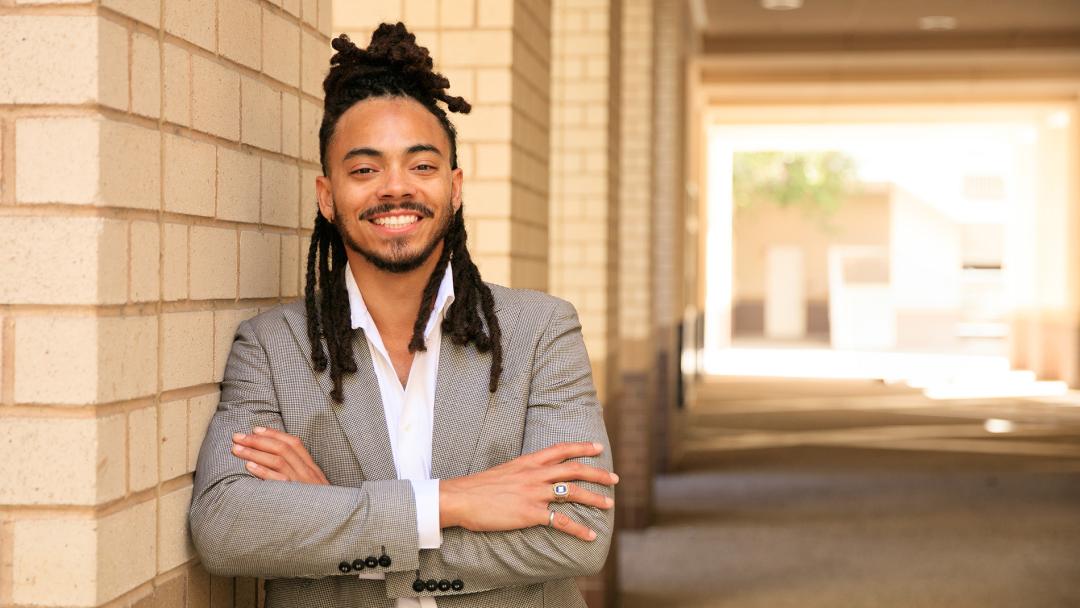
Bednar awarded $750,000 Sloan grant for study of L.A. and Atlanta
A groundbreaking study led by researchers from the University of California, Irvine, UCLA and Georgia Institute of Technology is set to explore the potential benefits of electrifying and expanding public transportation systems in Los Angeles and Atlanta.
Dominic Bednar, assistant professor of urban planning and public policy, is spearheading the project, funded by a $750,000 grant from the Alfred P. Sloan Foundation.
“With growing legislation pushing for electric vehicles, we’re focusing on how a shift to electrified public transit could enhance mobility access while reducing emissions more effectively than individual electric vehicles alone,” Bednar explains.
Over the next three years, Bednar and his colleagues — Regan Patterson of UCLA and Joe Bozeman of Georgia Tech — will investigate the environmental, equity, and policy implications of the shift.
The study will center on two highway corridors — Los Angeles’ 710 Freeway and Atlanta’s Buford Highway — and the communities around them.
The researchers will include modeling different scenarios to assess the impact of increased adoption of personal and public electric vehicles. Their study aims to develop two key metrics:
- Avoided Critical Mineral Extraction Index: This will measure the reduction in demand for critical minerals like cobalt and lithium when public transit is electrified.
- Combined Life Cycle Emissions Metric: This will compare emissions from mining and battery production with those from on-road electric vehicle usage.
In addition to the environmental analysis, the research will explore policy barriers and opportunities for implementing electrified and multimodal transit systems. Collaboration with community-based organizations is a key component of the study. Partners include:
- EVNOIRE, a nonprofit advocating for electric mobility in both cities.
- Clean Cities Georgia, which promotes clean transportation solutions in Atlanta.
- Integrated Solutions, a consultancy focused on diversity and community engagement in Atlanta.
The research team also will conduct focus groups in each city to explore needs and interests regarding mobility and public transit, which will inform the life cycle assessment, Bednar says, adding that they also “will conduct design thinking sessions to understand the challenges and opportunities to mobility access and transforming the transportation landscape.”
Bednar outlines the study’s three main approaches:
- Policy Analysis: Examining federal, state, and local policies related to critical mineral extraction and their implications for electric vehicle adoption.
- Air Quality Modeling: Assessing whether electric public transit fleets can significantly reduce air pollution along highway corridors that currently impact frontline communities.
- Life Cycle Assessment: Evaluating the overall energy and environmental impact of transitioning to electrified public transit.
The life cycle assessment “really is the glue that pulls it all together,” Bednar says. “It helps us understand what the energy and environmental impact would be of developing electric vehicles and what could be avoided, such as less mining of minerals, if more people used public transportation.”
The goal is to provide valuable insights into how expanding and electrifying public transportation can contribute to a more sustainable and equitable urban environment, he notes.